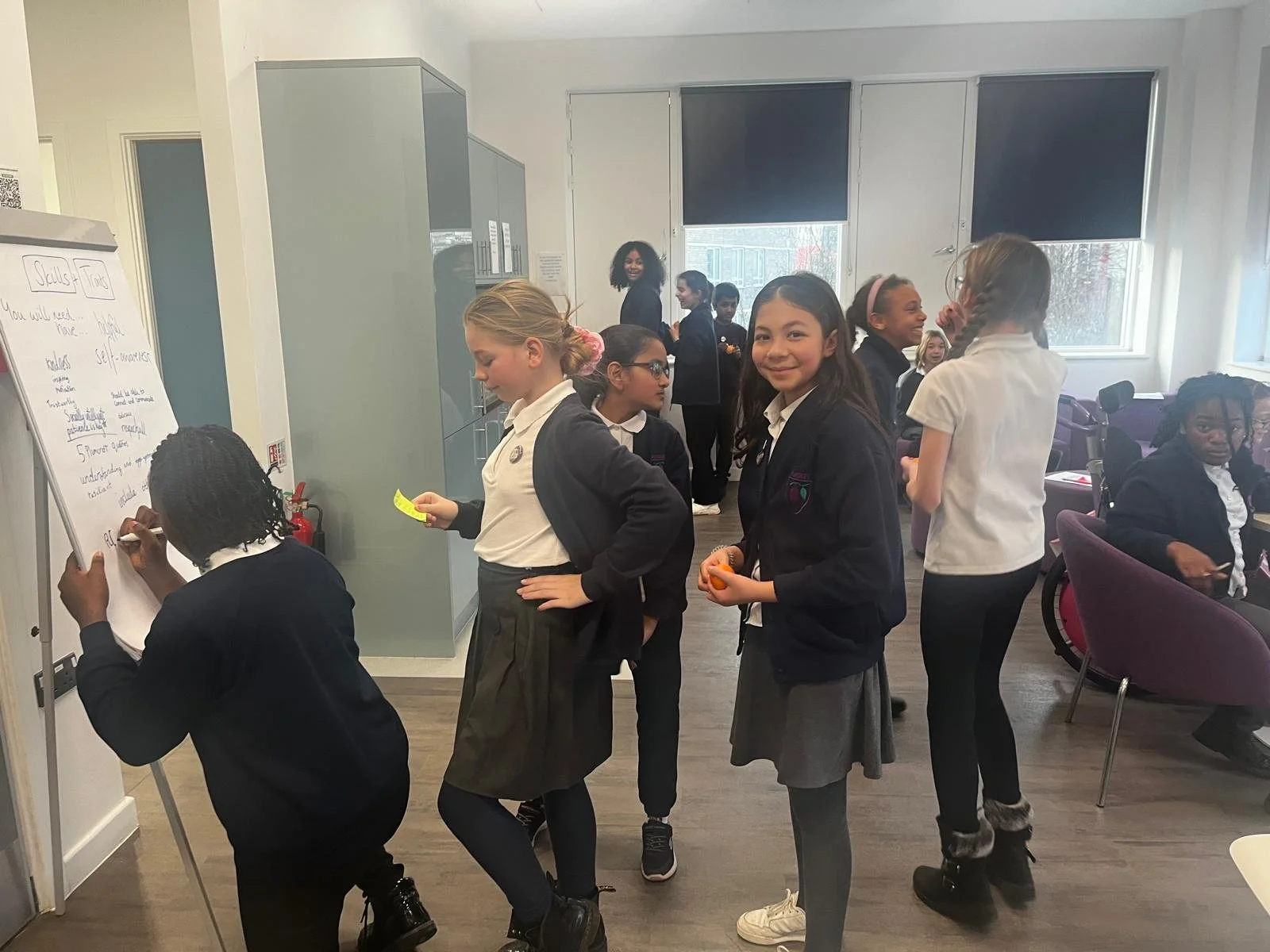How to start a Be Well hub
Become a Be Well Hub in your community
Be Well hubs are spaces rooted in local communities. They are led by people who know and understand the challenges their neighbours face.
Hubs are often based in schools, faith centres, cafés, libraries or voluntary organisations. They bring people together, reduce isolation, and give residents practical ways to improve wellbeing.
Why we need you
Too many people struggle alone with their mental health. Services are stretched, and stigma can stop people reaching out.
Be Well hubs create safe, welcoming spaces where people can talk, feel listened to, and get connected to the right help early.
What you’ll get as a hub leader
From day one, you’ll have access to:
Training in mental health awareness, listening skills, safeguarding, and community organising
Coaching and mentoring from experienced leaders
Action plan templates to help you shape your work
Practical resources like signposting sheets for local services
Networks of Be Well leaders across your borough and south London
How to set up a hub
Connect with the Be Well team to register your interest - please email bewell.admin@citizensuk.org or contact Lynne.Miller@slam.nhs.uk
Identify potential Champions in your community
Take part in the Be Well training, and make sure at least 2 people from your team are trained
Create a local action plan together
Start your hub activities — these can be small to begin with, such as coffee mornings, parent groups, or drop-in sessions
Examples of hubs in action
CureComm - The Live Life Project (Greenwich)
Born during the pandemic, CureComm created a safe space for men facing isolation, grief and poor health.
Now extended to women, the project offers workshops, mentoring and peer support, and works with NHS partners to bring expert help into the community.
I AM IN ME (Lambeth)
Founded by Sasha Gay Smith, I Am In Me supports young people aged 14–25, especially those at risk of exclusion.
With a small team and 50 volunteers, they build life skills, confidence and future opportunities.
Through Be Well, Sasha has gained mentoring and networks that have strengthened both her charity and her leadership.
Sutton multi-partnership hub (Sutton)
In Sutton, Be Well training brought together the council, library, health services and local charities to support parents and carers. The hub now runs wellbeing advice sessions in everyday spaces like libraries, helping families with issues from housing to domestic abuse.
Metronome Be Well Café (Morden)
Metronome Café is more than a coffee shop. The team hosts groups from young carers to dementia support, and every staff member has had Be Well mental health training. This mix of community space and skilled listening is creating real social connection in Morden.
Plumcroft Primary School (Greenwich)
Plumcroft has embedded Be Well into school life. Staff, pupils and parents have trained in mental health awareness and community organising.
From Year 6 Wellbeing Ambassadors to parent champions, the school is showing how a whole-community approach can improve wellbeing.


